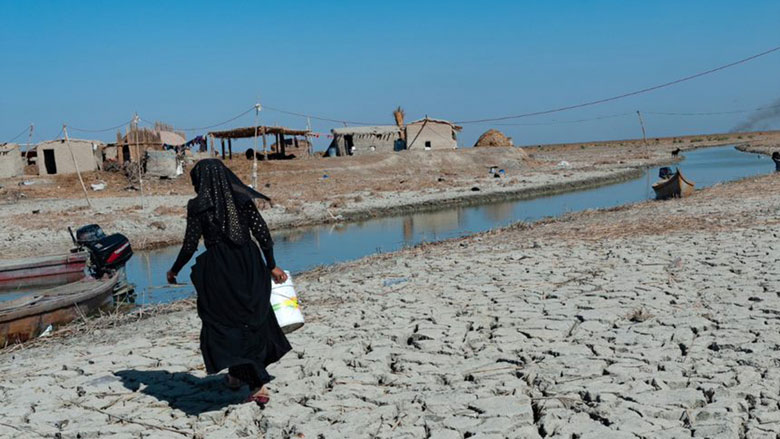Iraqi Prime Minister Mohammed Shia’ Al-Sudani chaired a crucial meeting of the Supreme Water Committee on Monday, resulting in comprehensive measures to combat Iraq’s escalating water shortages. The government has approved strategic projects, pollution control mandates, and infrastructural improvements aimed at confronting climate change impacts and diminishing water resources. These decisions represent the most coordinated national response to date for a country facing potentially catastrophic water insecurity.
Strategic Infrastructure Development
The committee prioritized major strategic projects with special focus on planning, financing, and land reclamation initiatives in Amarah and the Middle Tigris region. These efforts will be complemented by significant expansion of closed-loop irrigation systems and piped water transport networks designed to maximize efficiency amid declining water inflows from neighboring countries.
To address severe water scarcity in southern regions, the government has accelerated the construction of desalination plants in four southern governorates: Basra, Dhi Qar, Maysan, and Muthanna. These facilities will provide critical alternative water sources for communities most affected by upstream damming and drought conditions.
The committee also directed the management of Dukan Dam to coordinate water releases according to central planning directives from the National Center for Water Resources Management, ensuring more strategic distribution of reservoir resources during critical periods.
Pollution Control and Water Quality Management
Comprehensive pollution control measures will be mandatory across all sectors, with new regulations governing sewage discharge, industrial pollutants, and other sources of untreated water. This multi-sector approach aims to preserve existing water quality while reducing contamination of limited resources.
The government has launched a campaign to dredge and maintain water streams, with particular attention to discharge points. This maintenance initiative includes the removal of invasive aquatic plants such as Shambelin (likely Salvinia or water fern) and Nile flower (water hyacinth) that obstruct waterways and increase evaporation rates.
A national strategy for treating and reusing wastewater for agricultural purposes will be developed, transforming what was previously waste into a valuable resource for irrigation, thereby reducing pressure on freshwater supplies.
Agricultural Reform and Resource Management
The Ministry of Agriculture has been instructed to strictly adhere to the national agricultural plan and complete the distribution of agricultural ID cards to farmers. This identification system will help authorities better monitor water usage and ensure compliance with conservation directives.
To optimize water distribution during peak demand periods, pump rationing procedures will be implemented along the Tigris, Euphrates, and other major rivers during the summer season. This measure aims to prevent overexploitation by ensuring equitable distribution.
In areas where surface water access is limited, the committee approved initiatives to utilize groundwater sources and rehabilitate water infrastructure. This diversification of water sources represents a key adaptation strategy in the face of uncertain river flows.
Coordination and Emergency Response
Emergency operations rooms will be established in each governorate, headed by provincial governors and staffed by directors from relevant departments including water resources, agriculture, electricity, environment, and water directorates, as well as local security forces. These centers will coordinate local responses to water emergencies and implement national directives.
Prime Minister Al-Sudani emphasized the “need to take broad steps in the field of water provision, regulating its use, reducing pollution, and employing technology in all areas of water usage.” His administration has positioned water security as a fundamental component of its environmental and agricultural policy agenda.
These comprehensive measures come at a critical time for Iraq, which faces mounting water security challenges due to regional drought conditions, climate change, and reduced water flows from upstream nations. The decisions reflect growing recognition that water scarcity represents one of the most significant threats to Iraq’s agricultural productivity, economic stability, and public health in the coming decades.
As implementation begins, the effectiveness of these initiatives will largely determine Iraq’s capacity to manage increasingly scarce water resources while meeting the needs of its growing population.


